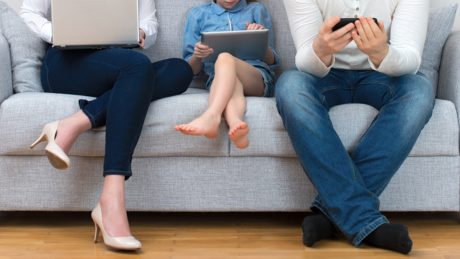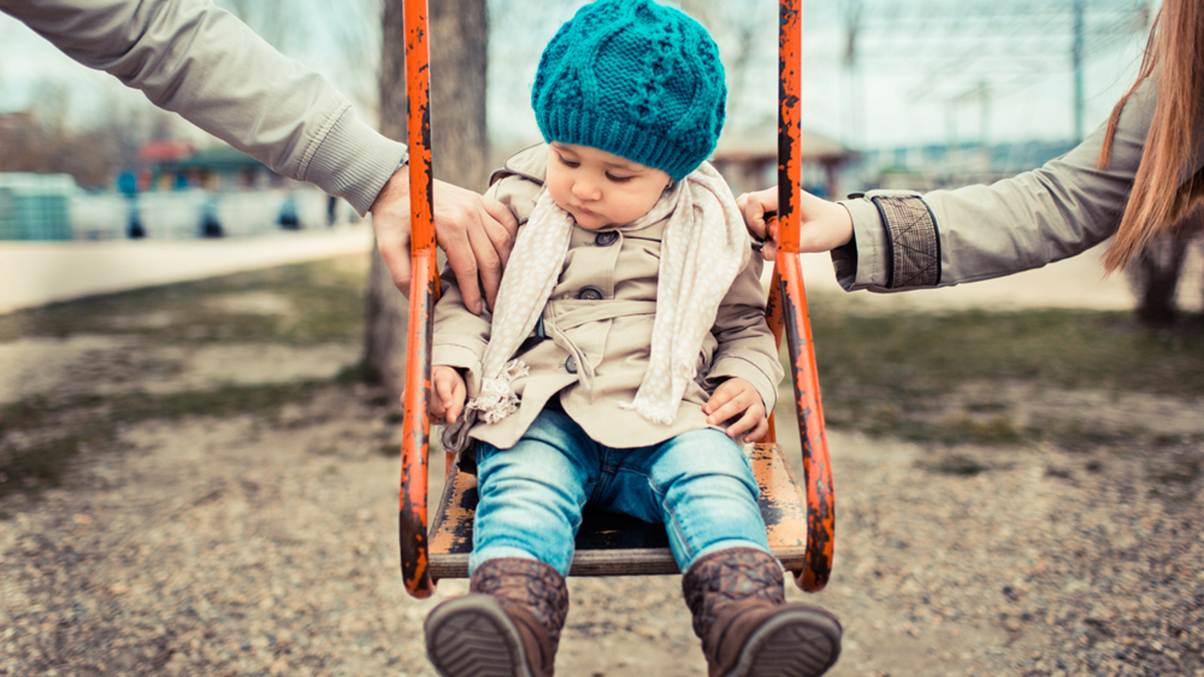The Coronavirus pandemic and consequent lockdown restrictions have tested all relationships, not least those of separated parents who must continue to co-parent their children in the most challenging and unusual of circumstances. In this article, Senior Associate Trevona Hettiarachchi considers legal and practical issues relating to co-parenting during the lockdown.
While the stay at home rules clarify that the movement of children (those under the age of 18) between their parents’ homes is permissible, the President of the Family Court, Sir Andrew McFarlane, has stated that this does not mean that children must move. Instead, he maintains that this is a decision the parents will be required to make together following a sensible assessment of the circumstances. Relevant factors include the health of the child, the risk of infection and the presence of any recognised vulnerable individuals in each household. It is a case of safety first, above all else. Inevitably, however, this introduction of a subjective assessment has resulted in some muddying of the waters, since what one parent considers to be safe, the other may not. What advice, therefore, can be given to parents who do not see eye to eye on what is best for their children?
The response is unambiguously straightforward. Open communication between parents is key, to allow concerns to be voiced and, hopefully, enable safe and practical solutions to be agreed during these disconcerting times. Approaching week eight of the lockdown, there is a myriad of possible arrangements available to parents acting collaboratively. These range from stringently observing arrangements that were in place before the emergence of Covid-19 to going back to the drawing board to reach a temporary fix. This, however, assumes a degree of cordiality and pragmatism between the parents that simply may not exist.
The question then arises, what happens when one parent objects to the other parent spending time with their children in view of the prevailing circumstances? Perhaps, more importantly, what relief is available to a parent wishing to challenge the decision-making of the other acting alone?
While the Family Court remains “open for business”, private children issues have been declassified to the bottom rung in terms of judicial priority. This means that although a disgruntled parent can seek to enforce pre-existing child arrangements orders, absent an “urgent” element such cases will not be afforded priority over the plethora of existing cases overburdening the family justice system. In the face of these hurdles, it remains to be seen whether parents will have the appetite to pursue litigation. The easing or not of the lockdown rules is likely to be a dominant consideration.
What we do know (from the President of the Family Division) is that in cases which do come before the court, judges will consider carefully whether each parent has acted reasonably and sensibly in light of official advice and stay at home rules, and any specific evidence or circumstances relating to the children or family. If they have not, the court will be prepared to take appropriate action. The legal implications for parents acting alone and unreasonably can, theoretically, range from an order for “catch up time” to a complete overhaul of the arrangements in place. The central focus, as always, will be what is in the best interests of the children. As ever, each case will be determined on its own facts.
Where children are not spending time with one parent, the expectation is that some form of “time”, through Facetime, Zoom, Skype or telephone should be facilitated, and regularly so. A trickier debate arises in the case of families where children travel between countries to spend time with their parents. The respective governmental travel restrictions will, in these cases, be a usurping factor. Even if travel restrictions are eased to some extent over the coming weeks, the risk of children being “locked down” in a country away from home will more likely than not see children staying put, at least for the time being.
Covid-19 is impacting individuals and companies around the world in an unprecedented way. We have collected insights here to help you navigate the key legal issues you may be facing at this time.
You can find further information regarding our expertise, experience and team on our Divorce and Family pages.
If you require assistance from our team, please contact us or alternatively request a call back from one of our lawyers by submitting this form.
Subscribe – In order to receive our news straight to your inbox, subscribe here. Our newsletters are sent no more than once a month.







